UNICEF Aotearoa
Annual Report
2020

Tēnā koutou UNICEF Aotearoa New Zealand friends and whānau,
In the context of UNICEF’s 75-year global presence, there is no doubt that 2020 will be etched in our history.
COVID-19 has exposed even more starkly, the inequalities that we have been working so hard to eliminate. The harmful effects of this pandemic will be most damaging for children in the poorest countries and neighbourhoods. It has also cost us significant progress on the United Nations Sustainable Development Goals. These goals are a call to action to create a world where no one is left behind. But this is not a job for one government, organisation or company. This is an endeavour that requires a global joint effort. And UNICEF is proud to play its part as the global custodian for children in the sustainable development agenda, ensuring the world’s most vulnerable and marginalised children are at the top of the global agenda.
In partnership with governments, intergovernmental organisations, non-governmental organisations, academia, United Nations agencies, international financial institutions and the private sector, UNICEF is creating innovative solutions to close equity gaps and uphold children’s rights.
And our determination to reach the children most at risk and most in need is stronger than ever.
In 2020, UNICEF raised more than US$2 billion globally from individual donors and the private sector. And we continued to deliver life-saving supplies from the largest humanitarian warehouse in the world to children in the toughest places, shipping these critical supplies through our integrated global supply chains.
As a member of the UNICEF global whānau, UNICEF Aotearoa New Zealand contributes to this effort – we push for innovative solutions to better the lives of children in the Pacific and Southeast Asia, globally and in Aotearoa New Zealand.
Our community of supporters and donors have shown tremendous loyalty and commitment to help us in this critical work. We are truly grateful. In 2020, together we raised NZ$14.5m for children. Our contributions kept children and their families safe through UNICEF’s global COVID-19 response to supply life-saving PPE and medical equipment to communities at risk, and contributed to the treatment and care of 5 million children suffering from severe wasting.
We are gearing up to do even more in 2021. We are an adaptive and resilient organisation. We are well-placed to lead the way in innovation and bring new ways of thinking for the benefit of children. In 2021 UNICEF we will leverage our experience as the largest single procurer of vaccines to support equitable global access to COVID-19 vaccines. Our commitment to honour Te Tiriti o Waitangi at home embeds a unique perspective on partnership, participation and protection in our work to improve the health and wellbeing of children and young people everywhere. And we have started our journey to become the UNICEF innovation centre of excellence for national committees.
Our team of committed and passionate people is our greatest asset. In 2020 we farewelled our Executive Director, Vivien Maidaborn. Vivien joined UNICEF Aotearoa in 2014. Over that time, Vivien’s commitment to child rights in Aotearoa and globally was unwavering and she led the organisation through what has been a transformative six years. The Board thanks Vivien for her commitment and wishes her well in her future endeavours. And in December 2020, we welcomed Michelle Sharp as UNICEF Aotearoa’s Chief Executive Officer. Michelle comes with significant experience in both the commercial and for-purpose sectors. She has a strong interest in digital innovation to drive positive impact for communities.
UNICEF was created in the aftermath of World War II – a time when children faced enormous challenges. UNICEF continues to stand in solidarity with children. Join us in 2021 to reimagine a better future for every child, everywhere – mō ngā tamariki katoa.
Nāku noa
Linda Jenkinson
Linda Jenkinson,
Board Chair
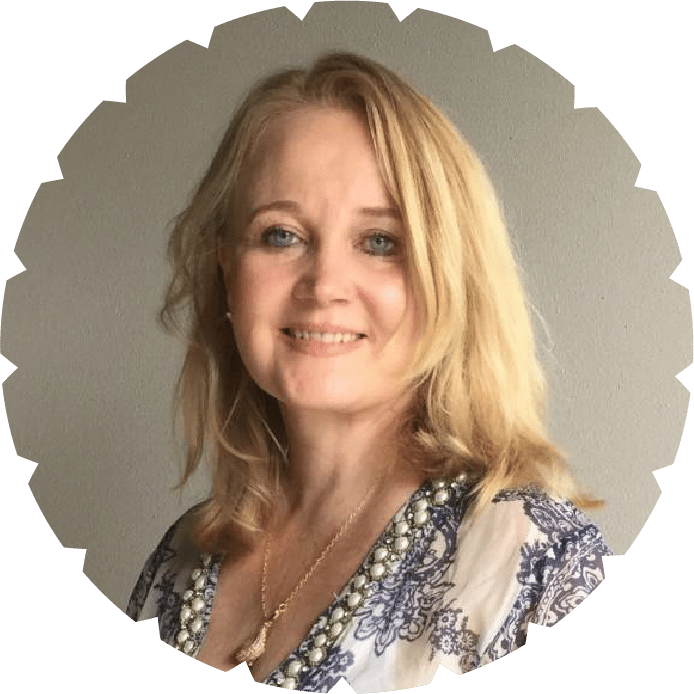
Letter from the Board
When I took on the role as CEO of UNICEF Aotearoa, I stepped into an organisation that was needed by children more than ever before. Today, the daily impacts of COVID-19 on children’s education and wellbeing globally are unacceptable. Climate change too presents significant challenges for children, and for those who care for them.
UNICEF is the recognised global lead agency for children, working tirelessly for their right to life, survival and development – the right to thrive. UNICEF specialises in the strategic and targeted delivery of overseas development assistance. Its global, regional, and local expertise, as well as in-country presence, enables the delivery of results for children.
I believe that to maximise the impact that UNICEF Aotearoa can have, we must continuously think outside the box. As CEO, my focus will be to lead the way in innovation at National Committee level. Not only in technology – although this is an important capability to leverage – but across all aspects of our business. We will innovate in the way we find and partner with like-minded organisations and incredible individuals who stand in solidarity with children, the way we keep our donors in touch with the impact they are having, and in the way we champion the right of every child to have the best start in life here in Aotearoa New Zealand.
I am thrilled that UNICEF Aotearoa will be working in partnership with the New Zealand Government over the next five years in the Pacific and Southeast Asia. Many children in the region face a multitude of challenges, including securing safe water, and accessing early childhood education and life-saving vaccines. This innovative multi-year, multi-sector partnership combines the expertise and resources of UNICEF, government, civil society and local communities to have an enduring impact.
In recognition of our commitment to Te Tiriti o Waitangi and protecting the rights of all tamariki, we made a commitment a number of years ago to commence a bi-cultural journey. Our name change to UNICEF Aotearoa signals the start of a new chapter in this journey – continuing to focus on growth and taking major leaps in innovation to drive positive change for all tamariki.
In 2020 we farewelled an amazing member of our UNICEF Aotearoa whānau; our Kaumatua Tau Huirama who laid the foundations for our bicultural journey. Tau Huirama has been the Kaumatua for UNICEF Aotearoa since July 2018. Thanks to his leadership and patient guidance we have been able to begin to develop a better understanding of the relationship between New Zealand’s founding cultures. We are indebted to Tau and we are committed to the journey he supported us to start.
On behalf of the UNICEF Aotearoa team, we thank all of our donors and advocates for your continued support. For never giving up, until every child thrives.
Ngā mihi maioha,
Michelle Sharp
Michelle Sharp,
Chief Executive
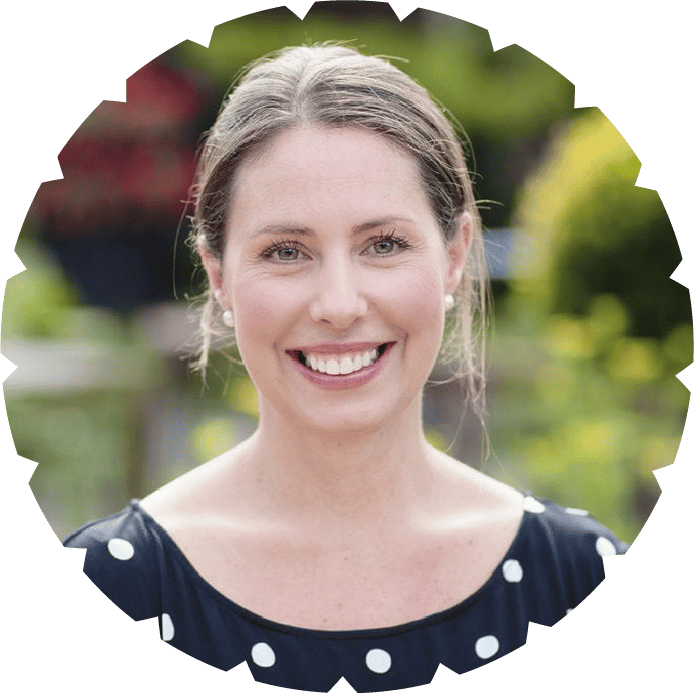
Report from the CEO
Kia ora ngaa rau rangatira maa,
Maaku e mihi atu ki a ratou I haere ki te po
Aa haere, haere, haere.
Ki a tatou te hunga ora
No tenei, no tena, no tera
Ngaa mihi atu
As the Manu Taki of UNICEF Aotearoa, with responsibility for kaumatuatanga and tikanga, it has been a privilege to be able to stand together with the board and staff of UNICEF Aotearoa this year.
Our work started as a bi-cultural organisation and has now moved to be a Te Tiriti o Waitangi organisation. This has enabled us to further explore and implement Te Tiriti o Waitangi in meaningful ways.
Congratulations to past leaders who have paved the pathway for us, which has left the opportunity for us to keep working together, to understand tikanga and aroha.
Our openness and our mātauranga has been an invitation for our international staff to bring their values and responsibilities to share and feast on “what could be” in our organisation.
Our UNICEF Aotearoa vision is that all our tamaariki here and throughout the world are given the chance to shine, sparkle and enjoy life; where all tamaariki have a thriving family to support them and a community that uplifts them.
UNICEF Aotearoa firmly encourages all people to be champions of our children`s wellbeing and our children`s rights.
My ongoing desire is to strengthen the taha wairua in UNICEF Aotearoa, continuing to develop a strong sense of community and connectedness with each other and a spirit of generosity, deepening our ability to help others.
My sincere congratulations to the board and staff for bettering the lives of our tamaariki here in Aotearoa and around the world.
May UNICEF Aotearoa continue to shine as a bright star with a bright future, a guiding light for our tamaariki and their whanau.
Ka manaaki ngaa tamaariki katoa
Ko enei mea, mo koutou, mo maatou, mo ratou, mo tatou katoa
Let us care for all children
This is for you, it is for us, it is for them,
it is for all of us.
Ngaa mihi maioha.
Tau Huirama
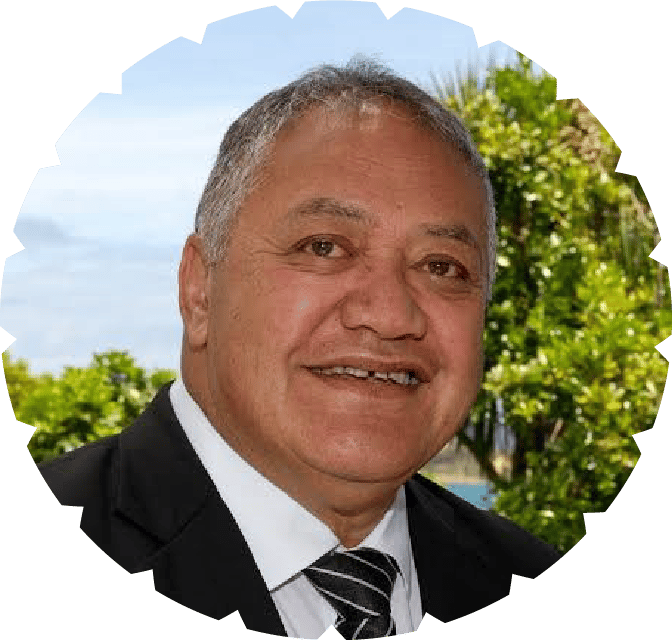
Report from our Kaumatua
Tau Huirama,
Kaumatua
Our key focus areas
UNICEF is the United Nations Children's Fund. For over 70 years, UNICEF has protected the rights of children in over 190 countries and territories around the world.
UNICEF Aotearoa is one of 33 UNICEF National Committees. We raise funds for emergencies and development work, we partner with the New Zealand Government aid programme in the Pacific and Southeast Asia, and we advocate for the rights of children.
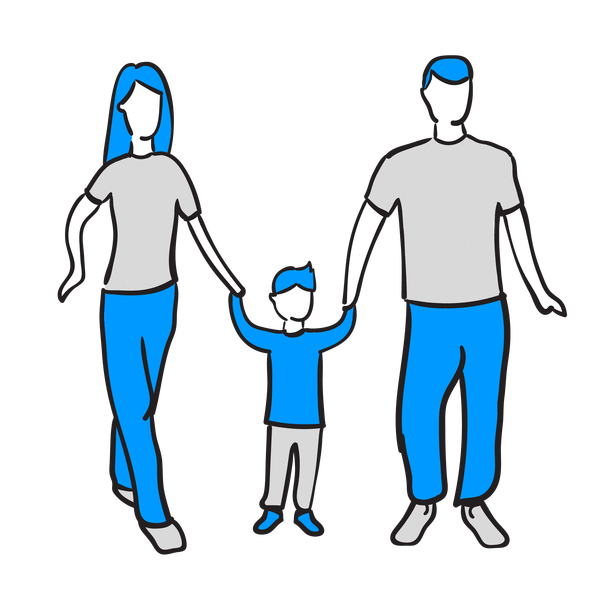
5
weeks
Advocating for children's rights
of paid parental leave successfully campaigned for, in partnership with 26 for Babies
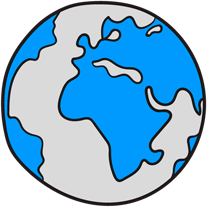
$
1774858
RESPONDING TO EMERGENCIES
raised from donors around the country to support five global emergencies
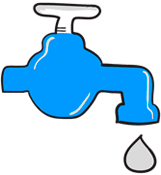
schools
141
PARTNERSHIPs IN PACIFIC & southeast asia
throughout Vanuatu, Kiribati and the Solomon Islands had new water and sanitation facilities constructed
We raise funds from generous New Zealanders, New Zealand businesses and corporate partners who stand in solidarity with children around the world. We also partner with the New Zealand Government’s Aid Programme. In doing so, we can harness UNICEF’s development expertise and global delivery capability which amplifies our joint effort and impact. And we are champions for children and the rights of children in New Zealand. We work in both the public and private sector, urging government and business to develop and implement policies that support children in Aotearoa New Zealand to thrive.
Learn more about our focus areas

5
weeks
Advocating for children's rights
of paid parental leave successfully campaigned for, in partnership with 26 for Babies

$
1774858
RESPONDING TO EMERGENCIES
raised from donors around the country to support five global emergencies

schools
141
PARTNERSHIPs IN PACIFIC & southeast asia
throughout Vanuatu, Kiribati and the Solomon Islands had new water and sanitation facilities constructed

Expanding WASH and ECCE
Pacific & Southeast asia partnership programmes
Public contributions for Pacific & southeast asia aid programmes & emergencies
$
2,178,258
623400
grants received by unicef aotearoa from The NZ Government for The Pacific & Southeast asia aid & emergencies
$
2,178,258
3050800

‘ECCE’ stands for Early Childhood Care and Education (Goal 4 in the Sustainable Development Goals). UNICEF is working to ensure more preschool children have access to quality early childhood care and education.
What is ECCE?
‘WASH’ stands for Water, Sanitation and Hygiene (Goal 6 in the Sustainable Development Goals). UNICEF is working to achieve universal and equitable access to safe and affordable drinking water for every child, no matter where they live in the world.
What is WASH?
WASH - Schools & Health Care Facilities
For children under five, water and sanitation related diseases are one of the leading causes of death across the Pacific.
Snapshot of 2020/21* results:
29,000 people accessed clean, safe water
16 islands accessed WASH including schools and health care facilities
15 health care facilities benefited from foot operated handwashing stations
29 healthcare facilities completed WASH assessments and training
*Reported 23/04/21
KIRIBATI
ECCE and Positive Parenting
The quality of early childhood education varies greatly across the country.
Snapshot of 2020* results:
The first national ECCE curriculum framework developed to ensure quality and consistency
A teacher’s guide and trainer’s manual developed
459 parents supported with positive parenting programmes
8 illustrated storybooks produced with strong cultural references
*Reported 15/01/21
KIRIBATI
WASH in Schools
Only half of schools in the Solomon Islands have toilets and even less have safe drinking water.
Snapshot of 2020/21* results:
42 schools and 6,500 students on Guadalcanal Island accessed safe water and sanitation facilities
9 schools have improved WASH facilities
36 schools included WASH in their school development plans
*Reported 16/04/21
SOLOMON ISLANDS
Community Pre-schools
High repetition rates and challenges remain in the quality of education
Snapshot of 2020/21* results:
Four community-based preschools constructed
53 School Management Committees trained to run new community-based preschools
1,092 children supported to graduate from community-based preschools
99.7% of enrolled students supported to return to preschools after lockdown
*Reported 29/03/21
TIMOR-LESTE
WASH in Schools
70% of Vanuatu schools have no safe drinking water and 78% have no hand-washing facilities.
Snapshot of 2020* results:
77 schools in Penama province had improved WASH facilities and hygiene messaging
Provided schools with information and tools to support gender and disability needs of children when upgrading WASH facilities
Training packages provided for schools to promote WASH
*Reported 01/10/20
VANUATU
raised for UNICEF’s global response
317800
$
Response to
COVID-19
RESPONDING TO EMERGENCIES
RESPONDING TO EMERGENCIES
The Crisis in
Yemen
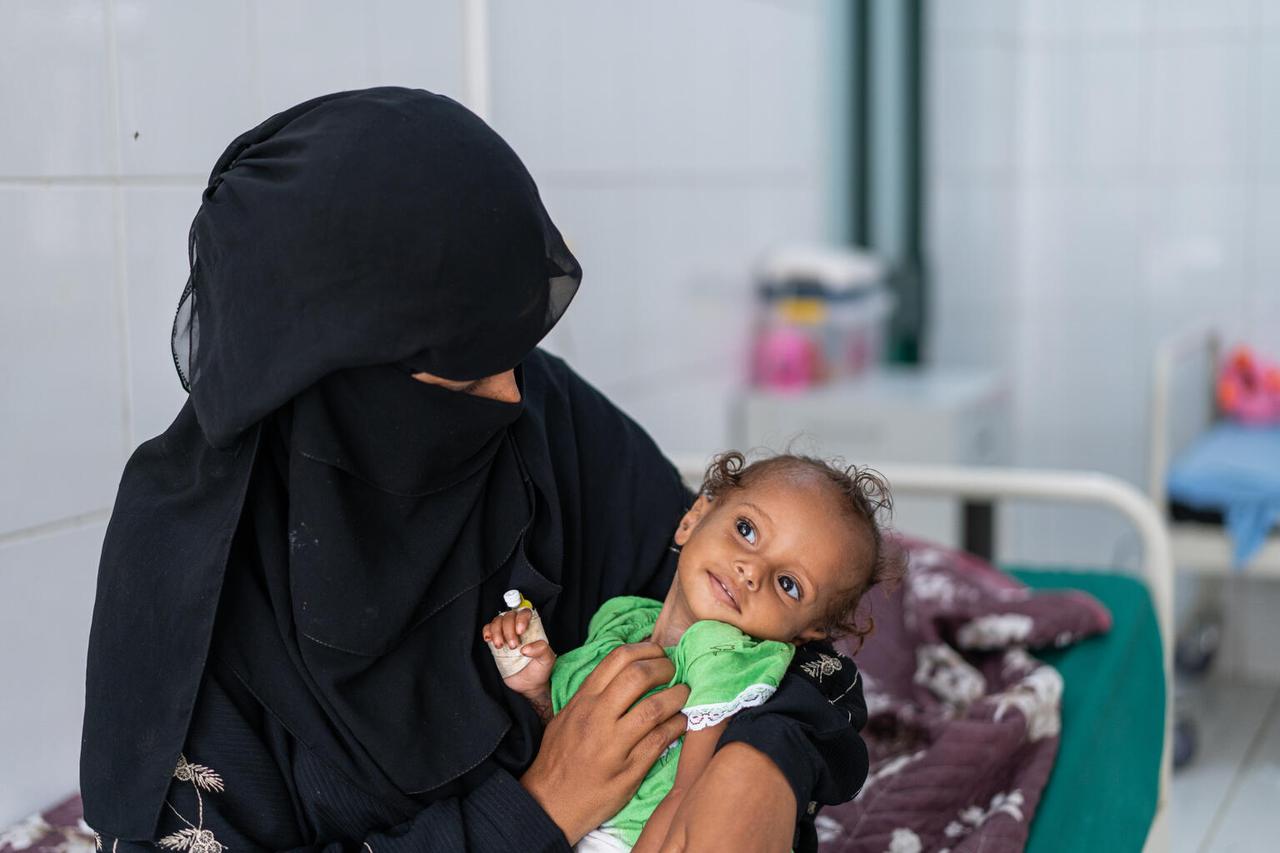
Yemen is the largest humanitarian crisis in the world. Acute malnutrition threatens nearly half of all children.
In 2020 UNICEF:
Screened nearly 3.6 million children under five for malnutrition
Supported 6.8 million people with water and sanitation

raised by UNICEF Aotearoa for children in Yemen
$
247200
Within 100 days of launching, UNICEF had:
Supplied 27.9 million people with handwashing supplies to help stop the spread of the infection – which also protected them from other illnesses too.
Reached 1.9 million health workers trained on infection prevention control and treatment protocols and over 500,000 have received full PPE – the gowns, goggles, gloves, shields and masks to protect them from infection.
Restored education for more than 156 million children through remote learning either online or offline to keep their lives on track whilst their schools are closed.
Over 2.9 billion people reached with COVID-19 Prevention Messages to help them understand how to protect themselves and their children from the virus
(Note: These are just some of the ways UNICEF was supporting communities during the global crisis)
27.9 million people with handwashing supplies to help stop the spread of the infection – which also protected them from other illnesses too.
1.9 million health workers trained on infection prevention control and treatment protocols and over 500,000 have received full PPE – the gowns, goggles, gloves, shields and masks to protect them from infection.
Restored education for more than 156 million children through remote learning either online or offline to keep their lives on track whilst their schools are closed.
Over 2.9 billion people reached with COVID-19 Prevention Messages to help them understand how to protect themselves and their children from the virus
(Note: These are just some of the ways UNICEF was supporting communities during the global crisis)
In Aotearoa, Kane Williamson, Dan Carter, Sophie Devine and Henry Nicholls passed on the secret of soap in our #SoapSavesLives campaign which had more than 100,000 views.
Advocating for Tamariki in Aotearoa
Advocating for children's rights
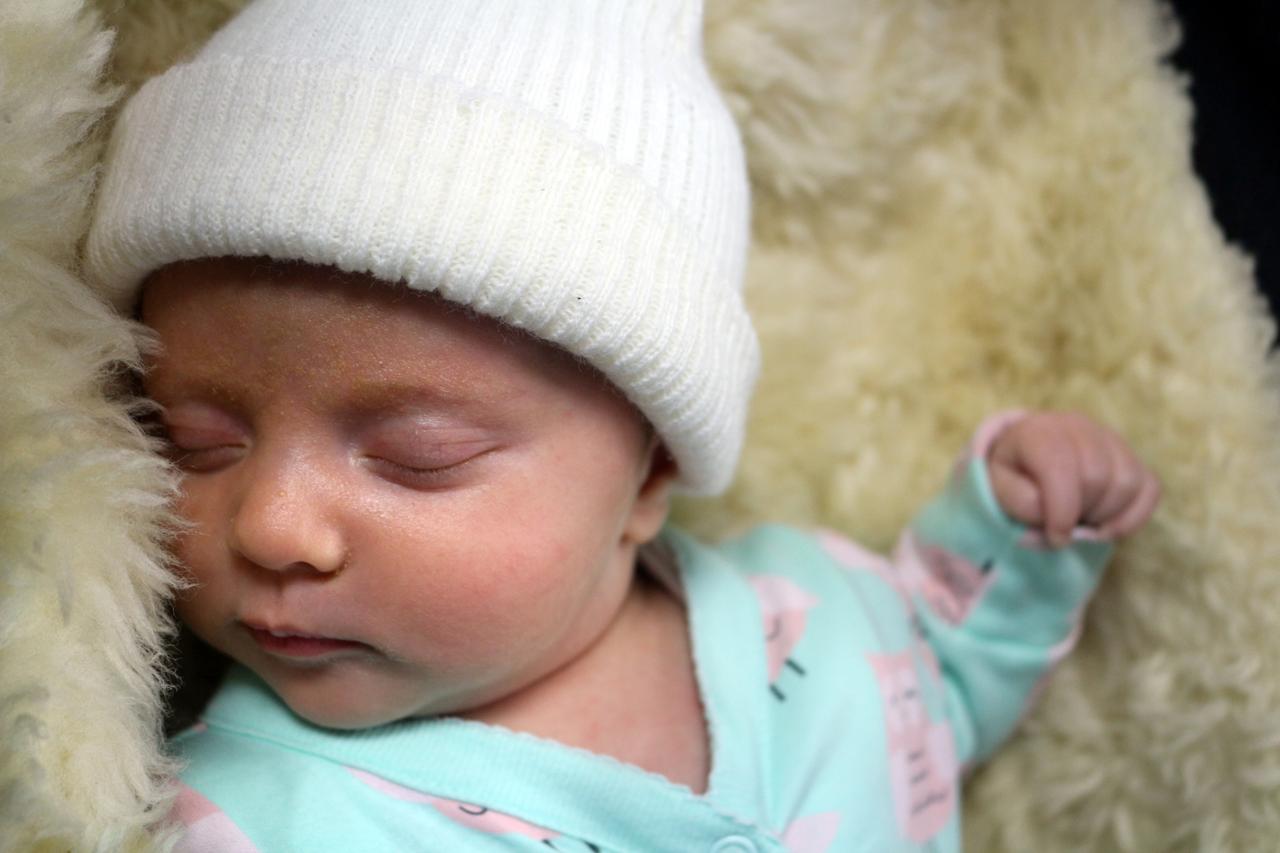
Paid parental leave increase
UNICEF Aotearoa and 26 for Babies campaigned for increases in paid parental leave from 2012. Now parents of newborns get four more weeks of paid parental leave, extending from 22 weeks to 26 weeks so Kiwi parents can spend a full six months at home with their precious pēpi (baby).
The new law came into effect from 1 July 2020. The maximum weekly payment has also increased by $20 per week.
UNICEF Aotearoa and 26 for Babies campaigned for increases in paid parental leave from 2012. Now, parents of newborns get four more weeks of paid parental leave. This extends paid parental leave from 22 weeks to 26 weeks so Kiwi parents can spend a full six months at home with their precious pēpi (baby).
The new law came into effect from 1 July 2020. The maximum weekly payment has also increased by $20 per week.
New Zealand ranked 35 out of 41 countries in the OECD and EU.
Report Card 16
Advocating for children's rights
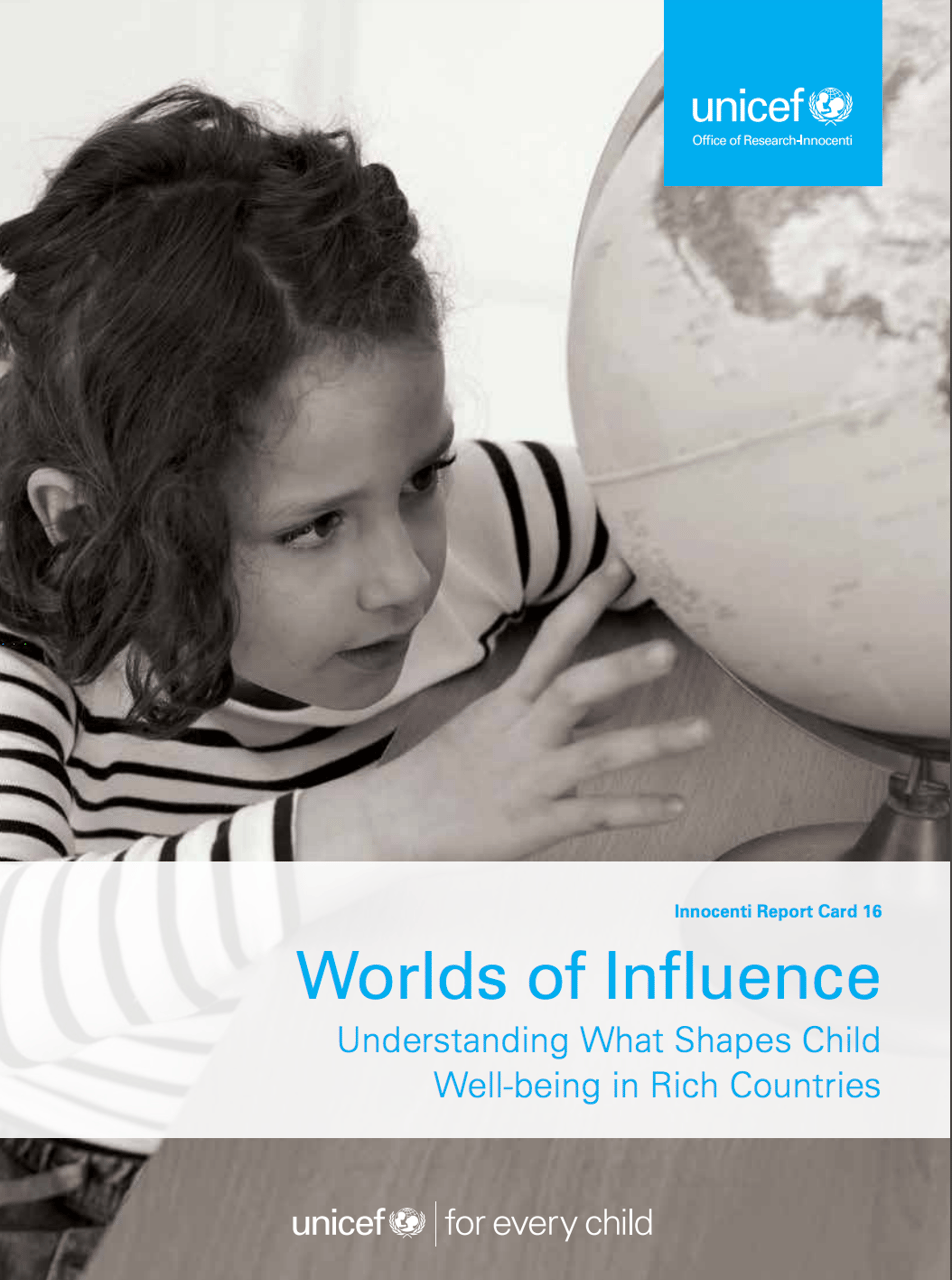
UNICEF continues to urge the Government to listen carefully to the perspectives of tamariki and rangatahi in Aotearoa.
New Zealand’s youth suicide rate is the second-worst at 14.9 deaths per 100,000 adolescents, and our nation has the second-highest obesity rate in the OECD with more than 1 in 3 children obese or overweight. Meanwhile, only 64.6 per cent of 15-year-olds in NZ have basic proficiency in reading and maths.
UNICEF Aotearoa continues to urge the Government to listen carefully to the perspectives of tamariki and rangatahi in Aotearoa.
Meet some of our
supporters
Special mention also to Steven Adams, Neil Gaiman, Sam Neill, Neil Finn, Jemaine Clement, Jenny May Clarkson, Malakai Fekitoa,
Bic Runga, Henry Nicholls, Tetra Pak Oceania, Tax Management New Zealand, Clyde Graham Charitable Trust,
Stockbridge Trust, and the many others who stood in solidarity with children in 2020.
UNICEF Aotearoa
Contribution
The story of our financials
Revenue generated directly in Aotearoa New Zealand was impacted by COVID-19 and the national lockdown commencing in March 2020. We pivoted quickly, changing our practices and delivery methods to achieve year-on-year growth in revenue of 5% to total $14.3 million.We greatly appreciate the continued support from our pledge donors who contributed $7.2 million in 2020.
The top five programmes funded were the Greatest Need at $3.6m, WASH programmes within the Pacific and Southeast Asia at $1.8m, humanitarian activities at $1.6m, educational activities including early childhood education and care at $1.1m and advocacy within Aotearoa at $756k.
COVID-19 has had a disastrous effect on children’s lives around the world and the pandemic has made it even more challenging to reach the Sustainable Development Goals. Innovation and out-of-the box thinking are now critically needed. UNICEF Aotearoa will continue to use our strengths
– our agile and innovative approach – to achieve revenue growth and improve the lives of children in Aotearoa and around the world.
Funds totalling $9.1 million (64% of total revenue generated) were committed to programmes that will undoubtedly improve children’s lives both within Aotearoa New Zealand and globally. 28% of revenue was reinvested into communications and fundraising, while 8% was required to support the administration functions.
The total contribution from Aotearoa New Zealand, however, is $25.9 million including direct New Zealand Government payments to UNICEF and bi-lateral grants. Additionally, our continued advocacy for children’s rights positively influenced New Zealand Government Policy and Budgets.
As a National Committee we only report the contribution that UNICEF Aotearoa directly paid to UNICEF ($8.33m) in our financial statements.
CONTRIBUTION TO UNICEF INTERNATIONAL
OUR REVENUE SOURCES
UTILISATION OF FUNDS
PROGRAMMES FOR CHILDREN
PROGRAMMES FOR CHILDREN
The top five programmes funded were the Greatest Need at $3.6m, WASH programmes within the Pacific and Southeast Asia at $1.8m, humanitarian activities at $1.6m, educational activities including early childhood education and care at $1.1m and advocacy within Aotearoa at $756k.
COVID-19 has had a disastrous effect on children’s lives around the world and the pandemic has made it even more challenging to reach the Sustainable Development Goals. Innovation and out-of-the box thinking are now critically needed. UNICEF Aotearoa will continue to use our strengths – our agile and innovative approach – to achieve revenue growth and improve the lives of children in Aotearoa and around the world.
PROGRAMMES FOR CHILDREN
UNICEF NZ’s revenue (excluding gain on investments) increased $665,179 from 2019 to total $14,269,520. This was a 4.9% increase and was achieved through the generous contributions from individual donors and continued funding from NZ Government via Ministry of Foreign Affairs and Trade (MFAT). Total fundraising income was $13,714,305.
In 2020, UNICEF NZ received $3,050,886 from the NZ Government via Ministry of Foreign Affairs and Trade (2019: $2,866,580). This funding was for the NZ Partnership for International Development (NZPFID) projects and for disaster responses in the Pacific region. New Zealand donors also gave $623,841 to support these projects.
2020 Legacy revenue (bequests) increased 403% from 2019, primarily due to a generous legacy left by a donor who wanted to help future generations of children.
WHERE DOES THE MONEY COME FROM?
UNICEF NZ transferred $8,333,936 to
UNICEF’s Treasury department for the following focus areas
(Note: Regular Resources are unrestricted funds and are used by UNICEF wherever the need is greatest). NZ’s contribution benefited the following countries/regions. NZ’s income in 2020 was used as follows:
Administration
– “keeping the lights on”Communication/Fundraising
– generating the revenue and investing in future revenueProgrammes
– helping children in Aotearoa and globally to fulfil their potential
WHERE DOES THE MONEY GO TO?
Our Governing Board
Download Auditors Report and Comprehensive Financial Statements